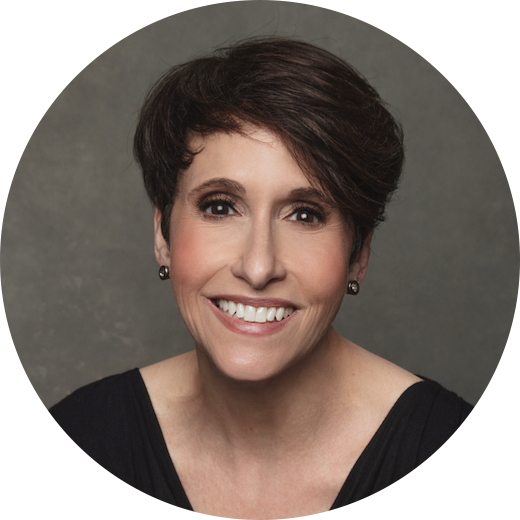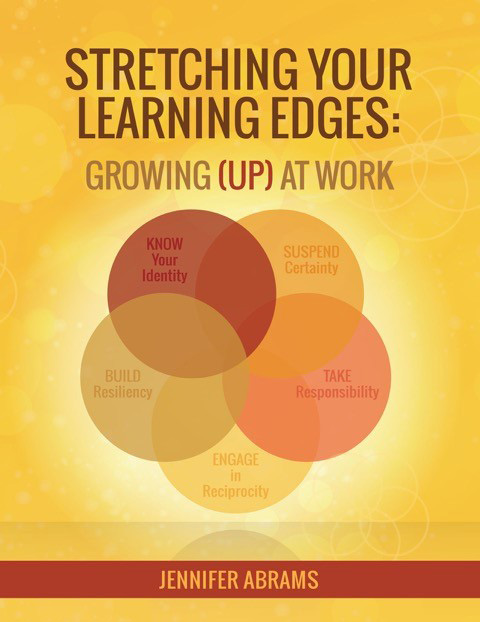Achieving Shared Accountability Through Hard Conversations: A Q&A with Jennifer Abrams
August 9, 2017
Corwin Connect interviews Jen to find out more on how to navigate hard conversations to achieve shared accountability, plus her upcoming appearance at the Women in Education conference this fall.
Excerpt:
Shared leadership requires trust, and trust requires that we deliver on our promises to each other and to ourselves. Teams that have a high level of trust are able to hold members accountable. But what do you do when a colleague, leader, or subordinate is not contributing in a positive way?
You have to do what many of us dread doing and will avoid at all cost: you have to talk to them about it.
Research has shown the importance of collective skills, and one of those skills is to be able to communicate in challenging moments. The good news is that such conversations don’t have to be confrontational. Jennifer Abrams has facilitated and coached thousands of educators on having hard conversations throughout her career as an educational consultant and former district professional development leader. In her webinar “Unpacking Hard Conversations: Some Whats, Whens, and What-Ifs?,” Jen shares tools and resources to help you become a more confident and compassionate communicator in challenging interactions.

About Jennifer Abrams
Jennifer has been recognized as one of "21 Women All K-12 Educators Need to Know" by Education Week's 'Finding Common Ground' blog. She considers herself a "voice coach," helping others learn how to best use their voices – be it collaborating on a team, facilitating a group, coaching a colleague, supervising an employee and being an all around better human being in all types of interactions.
Work with Jennifer
Praise for Jennifer
“Jennifer has so squarely hit the mark with our teacher-leaders that she is one of the few presenters that they are always requesting when professional development is the question. Here at the University of Chicago, this acclaim and recognition does not come easily! Jennifer has a way of presenting information that gets quickly to the heart of the matter. Her ability to read the true needs of the group, regardless of the original focus, has made her a favorite among the faculty here at the University of Chicago Laboratory Schools.”

